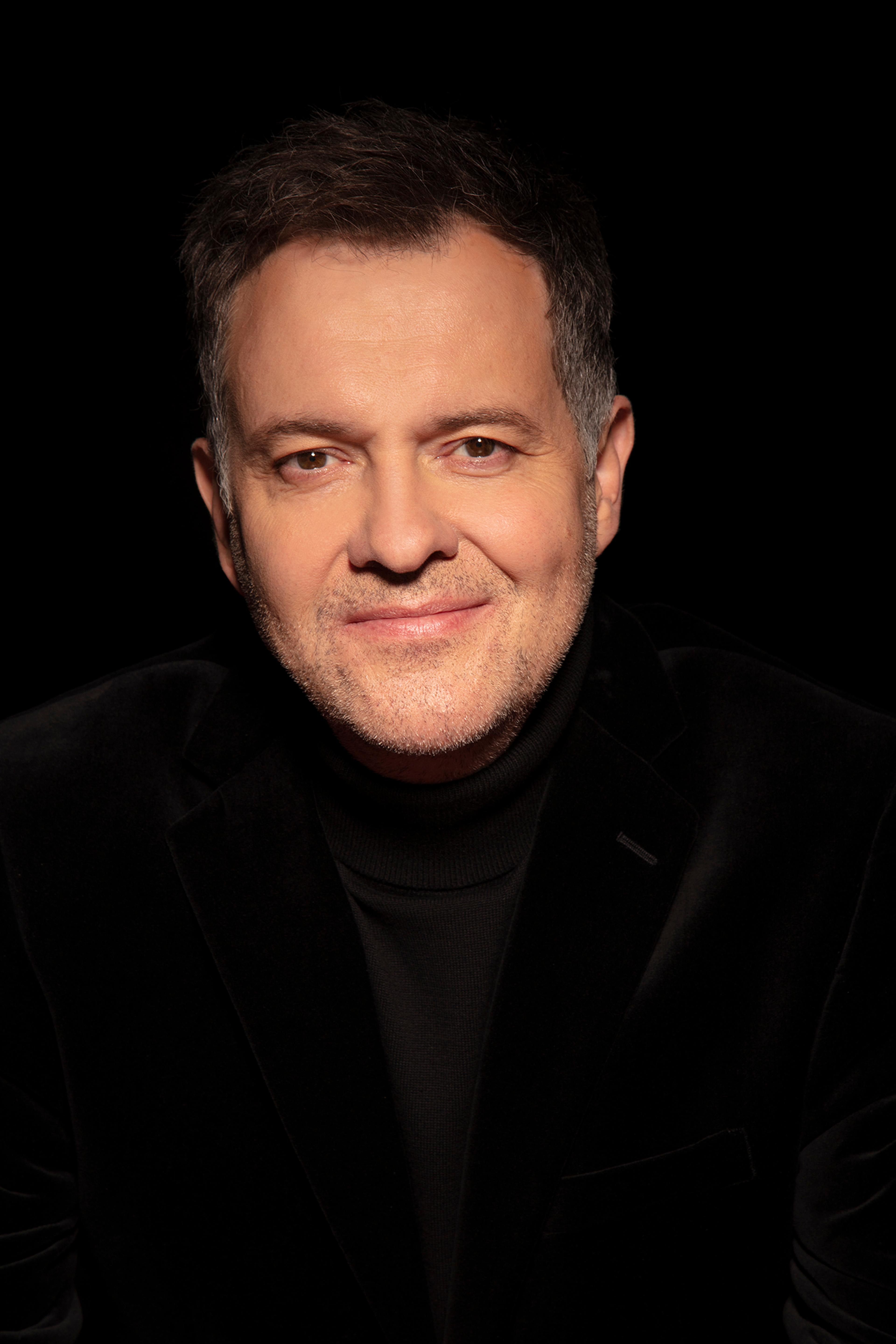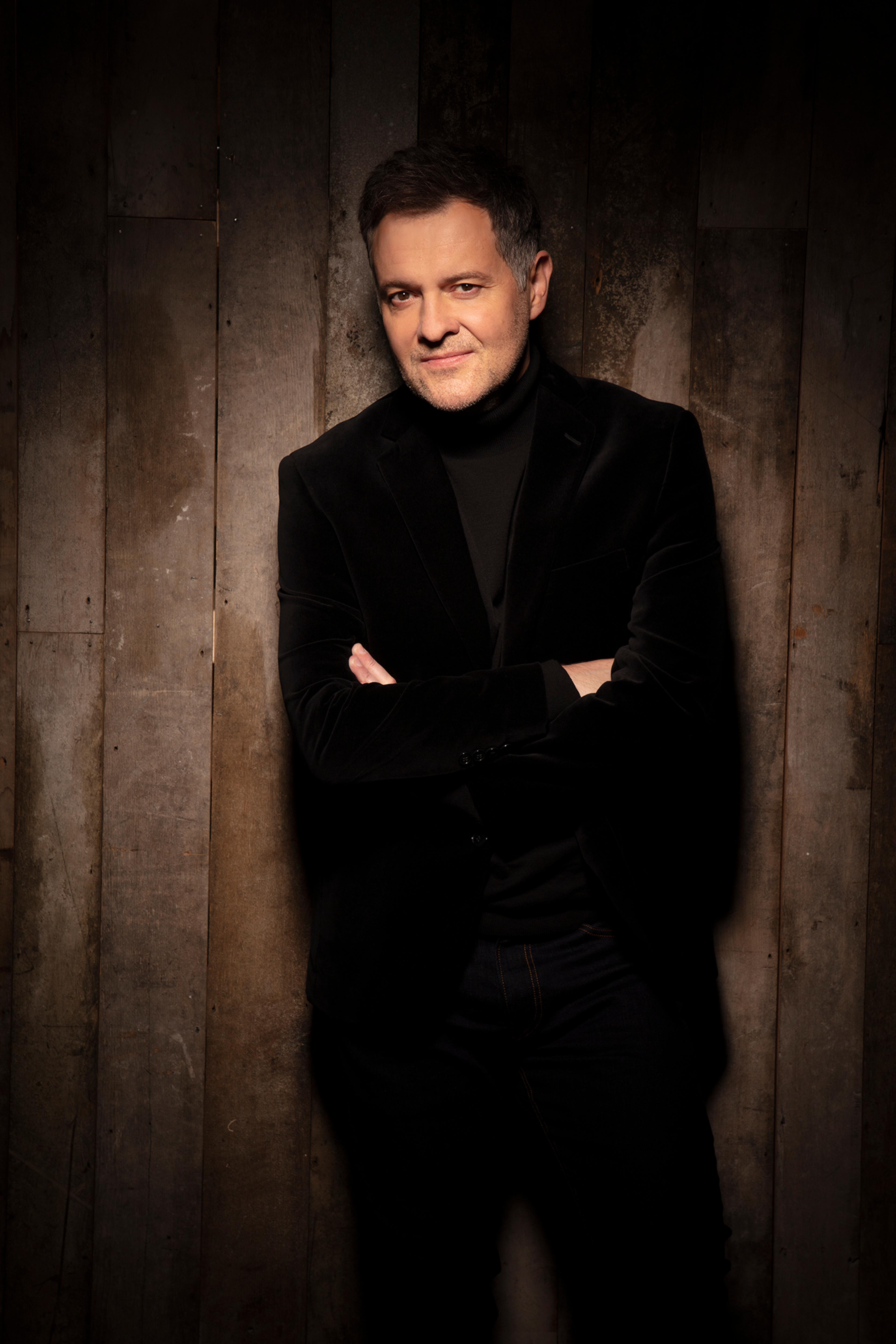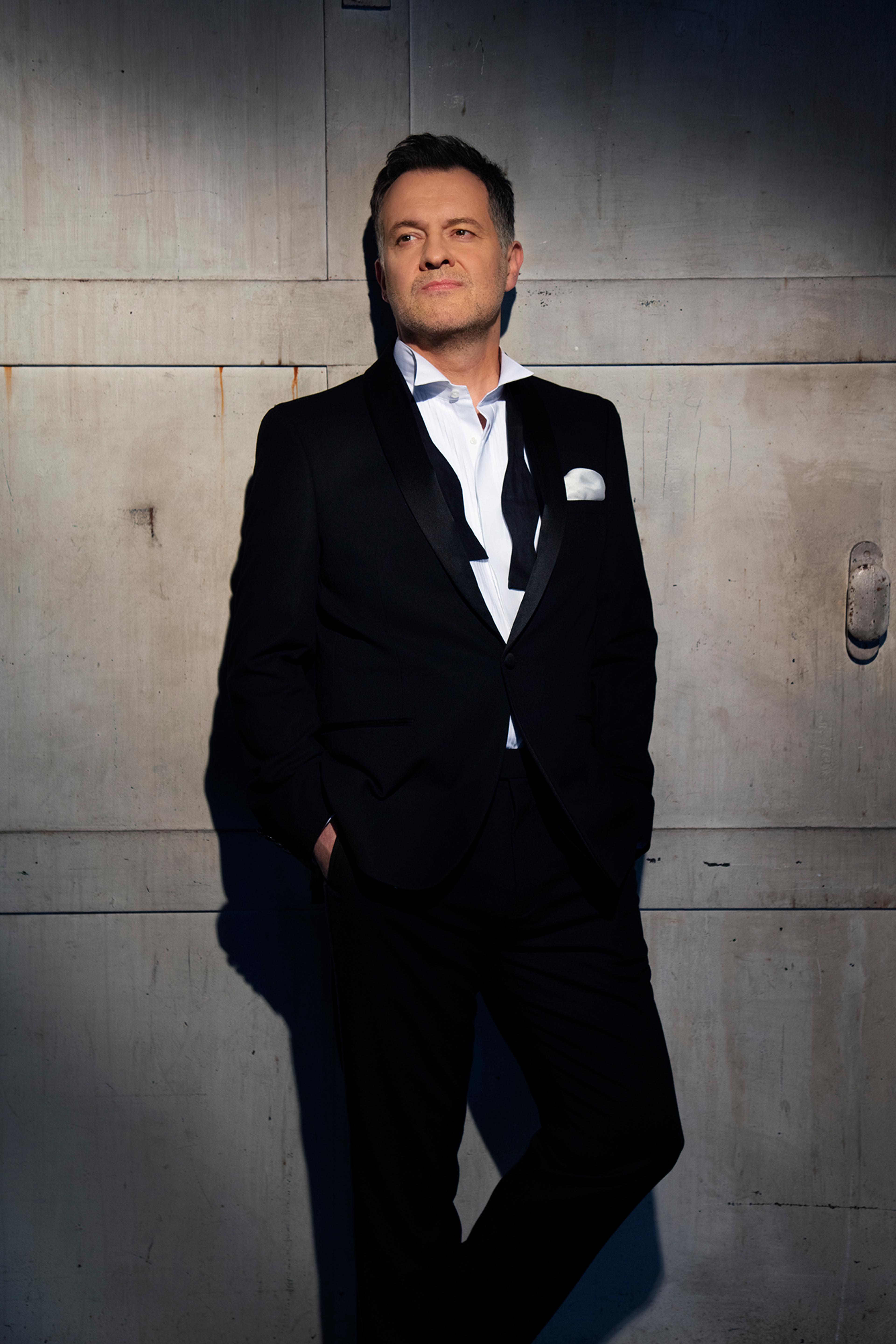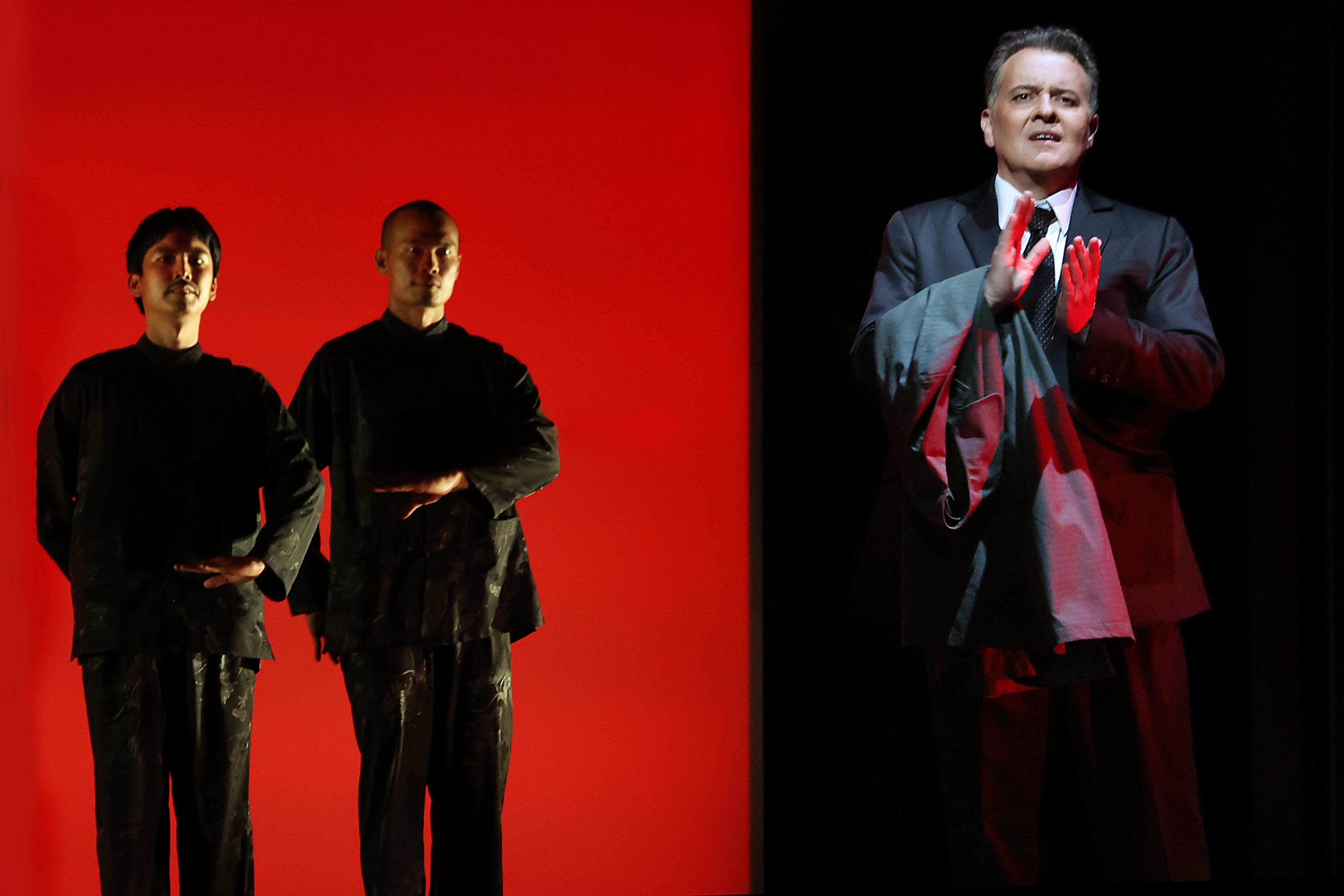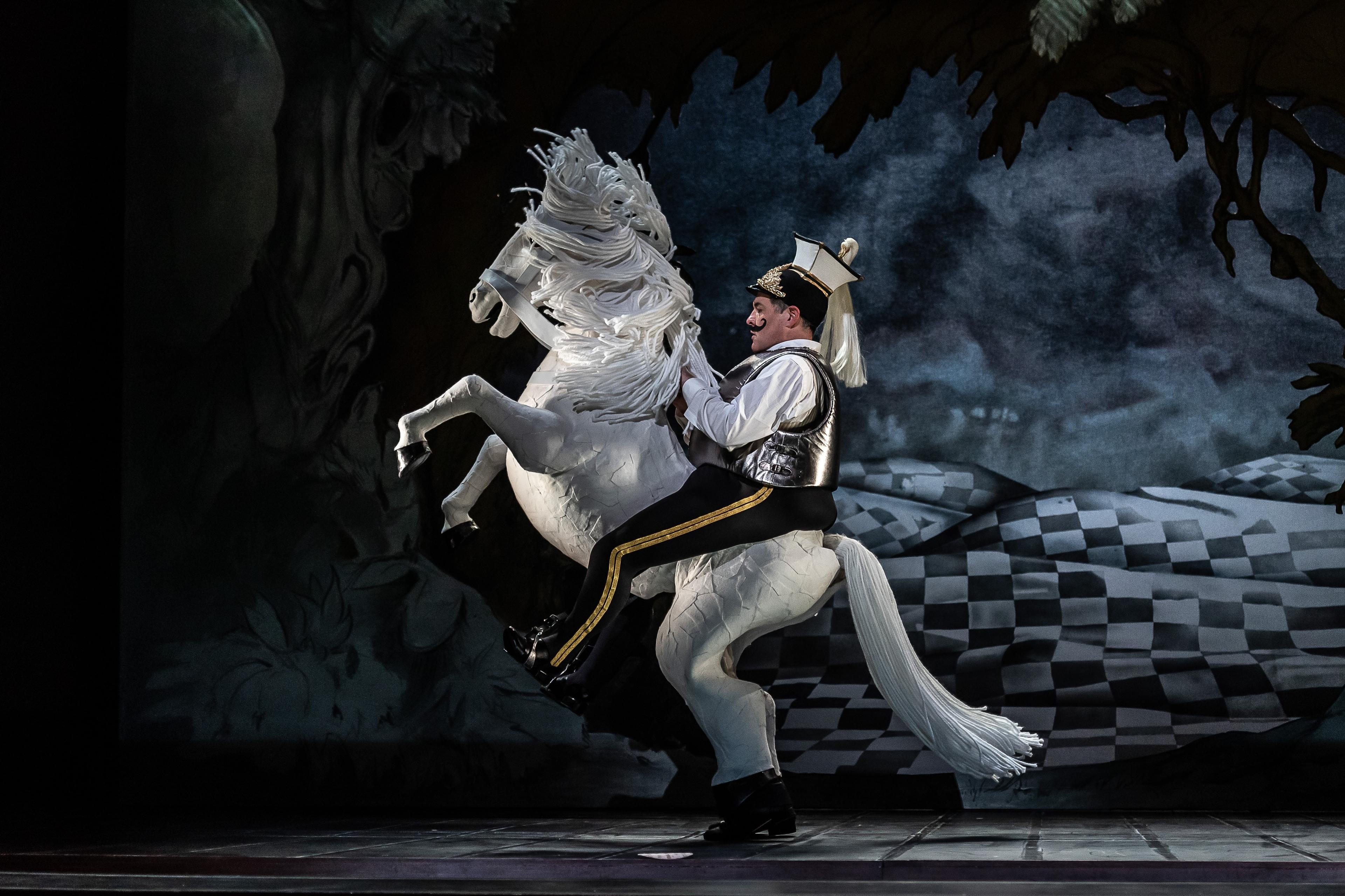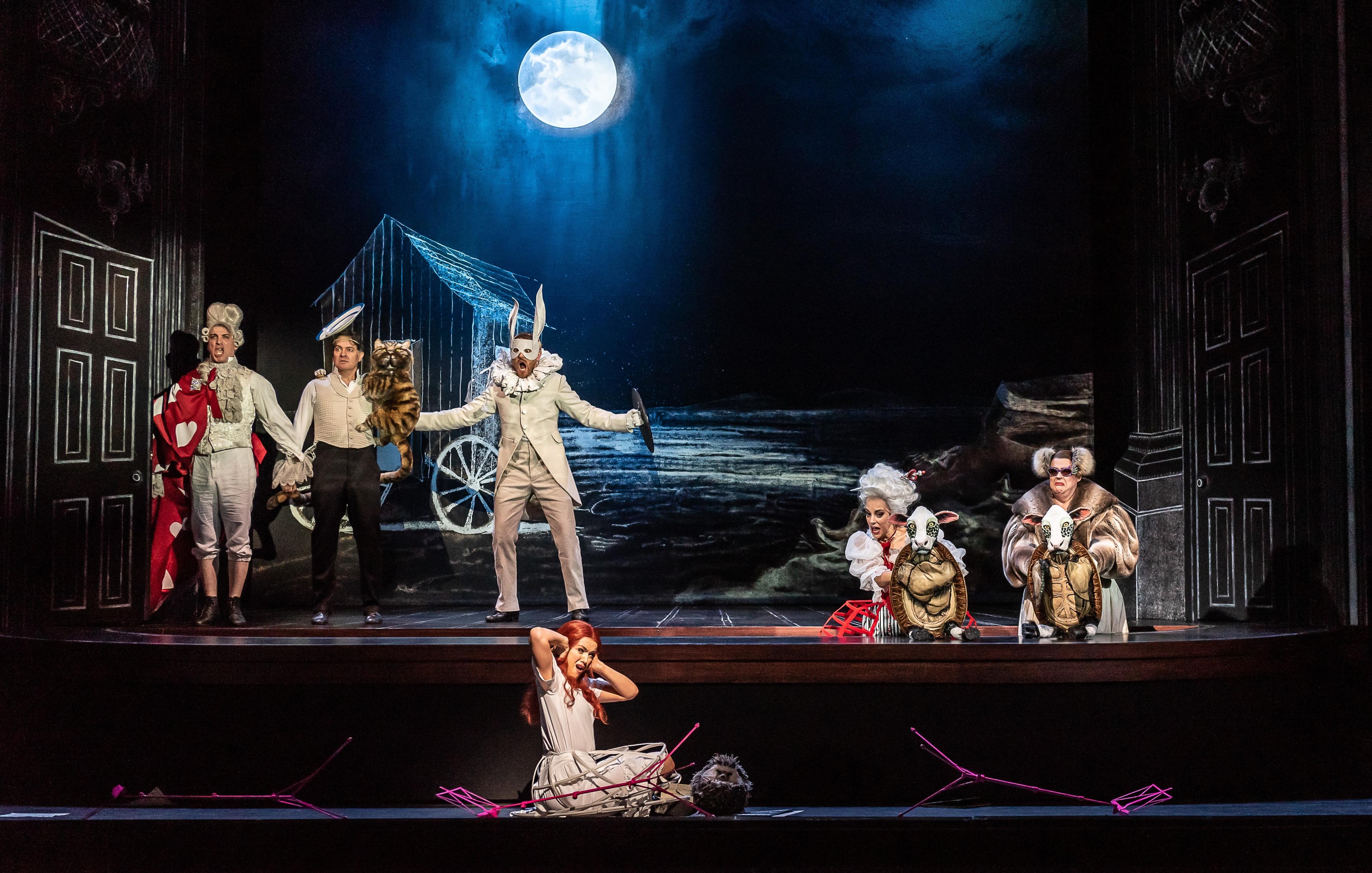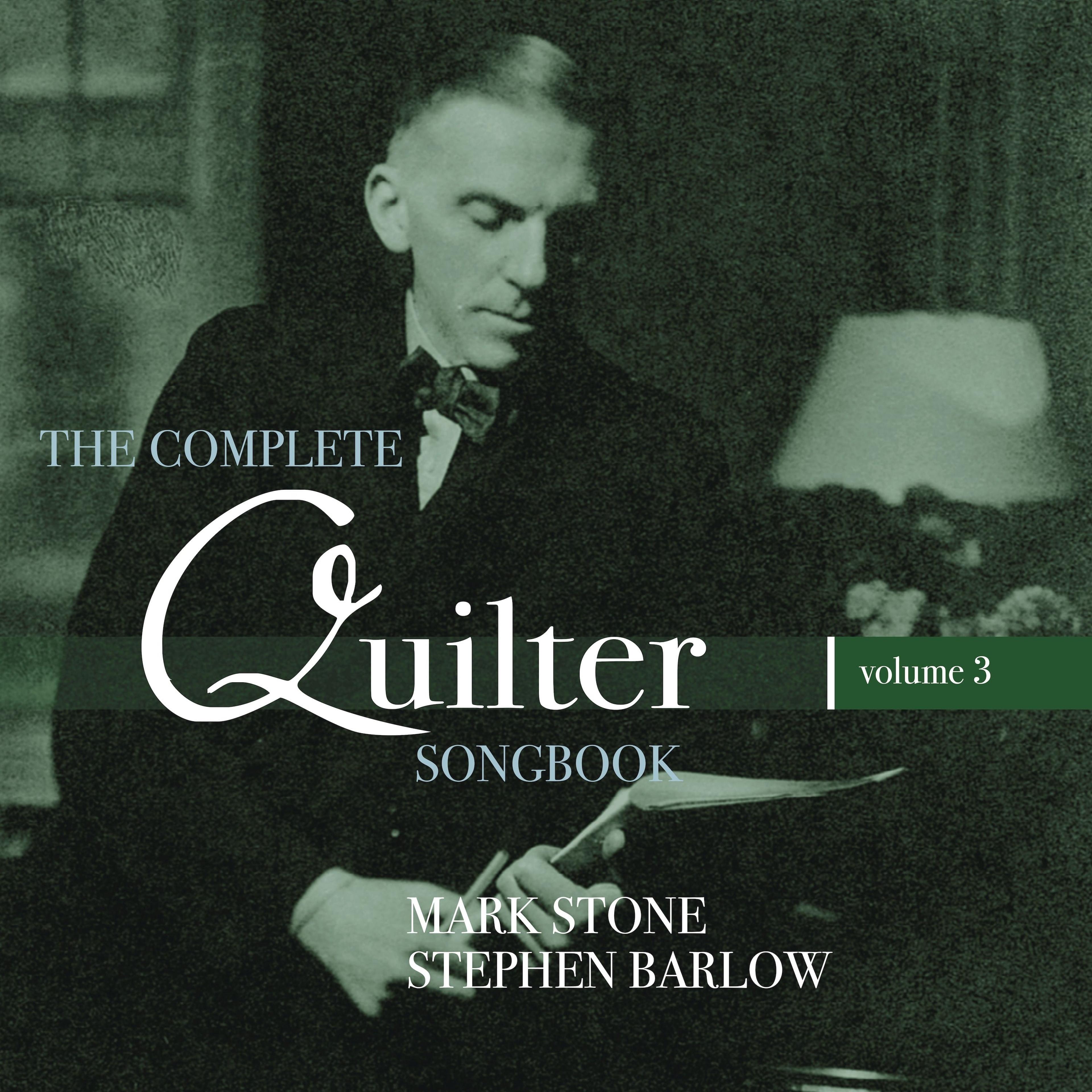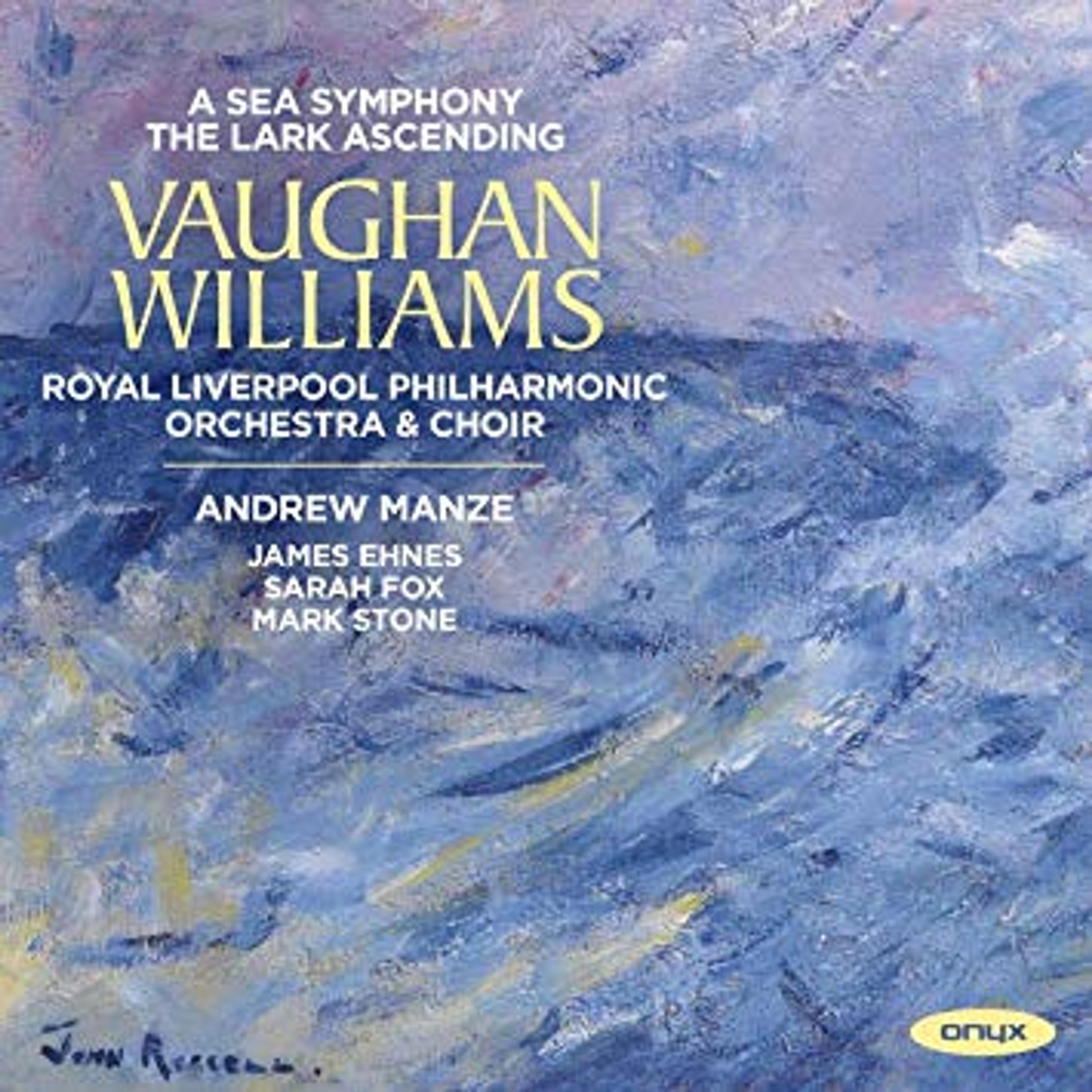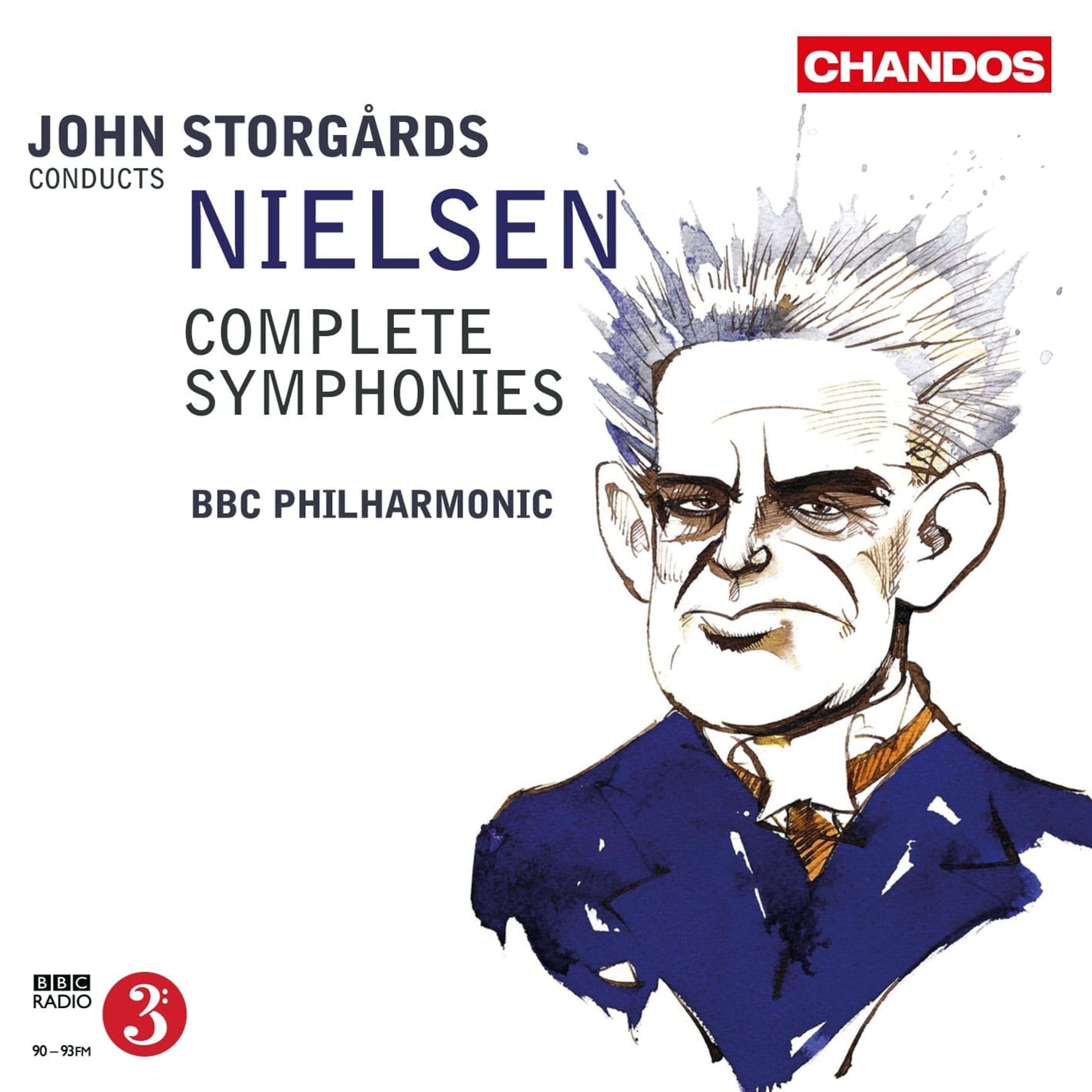MarkStone


Representation
Worldwide general management with Askonas Holt
Follow Mark
About Mark
Mark Stone is an English Helden baritone, acclaimed for his performances of Wagnerian roles, such as Alberich in Das Rheingold and Siegfried at Longborough Festival Opera, Wotan in Die Walküre for Trondheim Symfoniorkester, and Gunther in Götterdämmerung at the Grand Théâtre de Genève. He works extensively in Germany (Hamburgische Staatsoper, Deutsche Oper Berlin, Staatsoper Hannover) and the USA (Santa Fe Opera, Opera Philadelphia) where he is also renowned for his performances of modern works such as the title role in Nixon in China and the world premiere of Huang Ruo’s M. Butterfly.
This season sees Mark sing the title role of Der fliegende Holländer for Trondheim Symfoniorkester and Klingsor in Parsifal at the Hamburgische Staatsoper. On the concert platform, Mark will sing Totentanz with Thomas Adès and the Leipzig Gewandhausorchester, join Carolyn Kuan and the BBC Singers and BBC Symphony Orchestra to sing a concert performance of Ruo’s M. Butterfly and sing Sir George Benjamin’s Written on Skin conducted by the composer himself and the Accademia Nazionale di Santa Cecilia.
Representation
Worldwide general management with Askonas Holt
Follow Mark
Season Highlights
Selected Repertoire
| Adams | Nixon in China (Nixon / Chou En-lai) |
|---|---|
| Ades | The Tempest (Sebastian) |
| Barry | Alice’s Adventures Under Ground (Cheshire Cat) |
| Benjamin | Written on Skin (Protector), Lessons in Love and Violence (The King) |
| Berg | Wozzeck (Wozzeck) |
| Bizet | Carmen (Escamillo) |
| Britten | Albert Herring (Sid) • A Midsummer Night’s Dream (Demetrius) • Peter Grimes (Balstrode/Ned Keene) • Billy Budd (Billy Budd) • Gloriana (Mountjoy) • The Rape of Lucretia (Junius) • Curlew River (Ferryman) |
| Debussy | Pelléas et Mélisande (Golaud) |
| Donizetti | Lucia di Lammermoor (Enrico) |
| Francesconi | Quartett (Valmont) |
| Gluck | Iphigénie en Tauride (Oreste) |
| Gounod | Faust (Valentin) • Roméo et Juliette (Capulet) |
| Holst | Savitri (Death) |
| Humperdinck | Hänsel und Gretel (Peter) |
| J. Strauss | Die Fledermaus (Eisenstein/Falke) |
| Janacek | The Cunning Little Vixen (Forester) |
| Jeths | Hôtel de Pékin (Guangxu) |
| Langer | Figaro Gets a Divorce (Count) |
| Mascagni | Cavalleria rusticana (Alfio) |
| Maxwell Davies | The Hogboon (The Hogboon) |
| Messager | Veronique (Florestan) |
| Mozart | Così fan tutte (Don Alfonso) • Die Zauberflöte (Papageno) • Don Giovanni (Don Giovanni) • Le nozze di Figaro (il Conte/Figaro) |
| Puccini | Tosca (Scarpia) • Gianni Schicchi (Gianni Schicchi) • La bohème (Marcello) • La fanciulla del West (Jack Rance / Sonora) • Madama Butterfly (Sharpless) • Manon Lescaut (Lescaut) |
| R. Strauss | Intermezzo (Robert Storch) • Der Rosenkavalier (Faninal) • Salome (Jochanaan) • Elektra (Orest) • Ariadne Auf Naxos (Musiklehrer) • Arabella (Mandryka) |
| Sawer | Skin deep (Luke Pollock) • From Morning to Midnight (Bank Manager) |
| Scharrino | Venere e Adone (Il Mostro) |
| Sondheim | Sweeney Todd (Sweeney Todd) |
| Tchaikovsky | Eugene Onegin (Onegin) • Iolanta (Robert) • Pique Dame (Yeletsky / Tomsky) |
| Tippett | King Priam (Hector) |
| Verdi | Rigoletto (Rigoletto) • Falstaff (Falstaff / Ford) • La forza del destino (Don Carlo) • La traviata (Germont) |
| Wagner | Die Feen (Morald) • Das Liebesverbot (Friedrich) • Der fliegende Holländer (Holländer) • Lohengrin (Telramund) • Das Rheingold (Alberich) • Die Walküre (Wotan) • Siegfried (Alberich) • Götterdämmerung (Alberich/Gunther) • Tristan und Isolde (Kurwenal) • Parsifal (Klingsor / Amfortas) |
| Weber | Der Freischütz (Ottakar) |
News
Press
Huang Ruo's M. Butterfly
Barbican Centre, LondonOct 2024Both Mark Stone as Gallimard and Kangmin Justin Kim as Song Liling appeared in the original production in Santa Fe, and reprised their roles in the Barbican Hall. Stone, with his secure baritone that could feel overwhelming powerful one minute and extremely sensitive the next, gave a high engaging performance as the obsessive and obsessed diplomat, and his final scene could not have felt more emotive.
- Sam Smith, musicOMH
- 25 October 2024
As Gallimard, Mark Stone sings with imposing heft and immaculate diction. His journey from ambassadorial sang-froid to emotional collapse wrings the heart.
- Clive Paget, The Guardian
- 27 October 2024
As the diplomat, Mark Stone conveyed appropriate naivety, infatuation and (after realising he has been betrayed) suicidal anguish with plenty of vocal clout.
- Richard Morrison, The Times
- 28 October 2024
Baritone Mark Stone and countertenor Kangmin Justin Kim provide extraordinarily detailed interpretations that explore, in its essential ambiguity, the relationship between Gallimard, a French diplomat posted to Beijing, and Song, a Chinese opera singer, whose long love affair lies at the heart of the piece ... It’s hard to imagine performances of the two central roles more subtle, more emotionally complex or more credible – both physically and vocally – than the interpretations delivered here. We see inside the heart and soul of two people and their interaction is profoundly involving.
- George Hall, The Stage
- 28 October 2024
The storyline is tangled, switching between Beijing post-Cultural Revolution and the 1986 Paris imprisonment of René Gallimard (a commanding Mark Stone) for suspected espionage.
- Ivan Hewett, Nicholas Kenyon, Mark Brown, The Telegraph
- 31 October 2024
Almost the whole opera is shouldered by the two main characters: Mark Stone was tireless as the unfortunate René Gallimard
- Richard Fairman, Financial Times
- 28 October 2024
The opera opens with French diplomat René Gallimard in prison for espionage. English helden baritone Mark Stone sang this role back in its world premiere, so it’s no surprise that he was in total command on the Barbican Hall stage
- Dr Diana Carroll, Arts Hub
- 29 October 2024
Mark Stone, also revisiting his Santa Fe role, sang Gallimard ... his voice grew in stature as his character’s despair increased. The final confrontation where Song proves to Gallimard that he is a man was powerfully done
- Mark Pullinger, Bachtrack
- 26 October 2024



